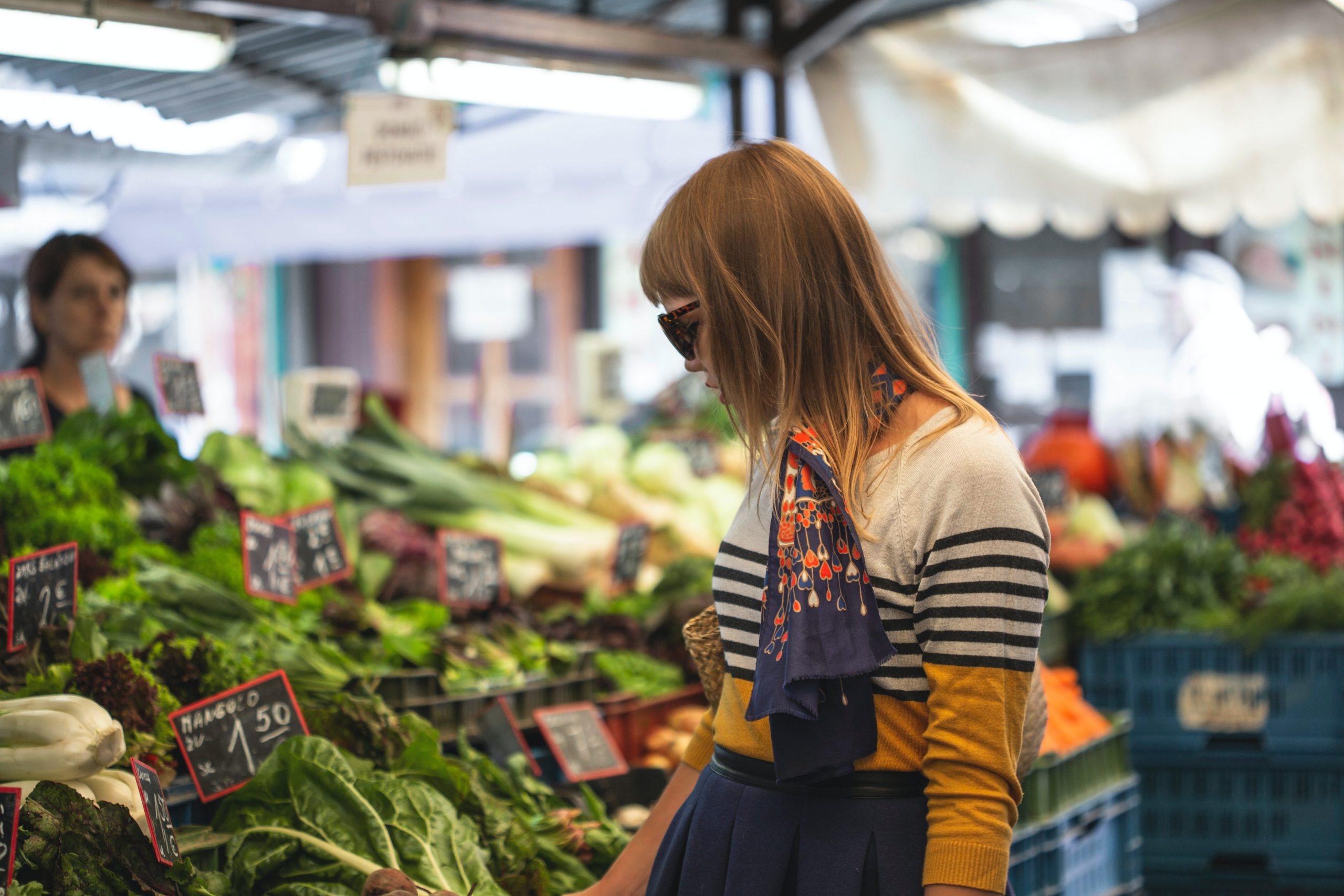
Megan Udinski, FISM News
[elfsight_social_share_buttons id=”1″]
Several universities are championing the idea that farmers markets and food charities are examples of “white supremacy” promoting systemic racism.
Jen Zuckerman, Director of the Duke Sanford World Food Policy Center and Professor of Public Policy, organized a webinar called “Examining Whiteness in Food Systems,” focusing on how white-dominant culture promotes food insecurity and impacts the food system through historical structural racism.
The research done for the webinar is centered on race as the problem behind food discrepancies by focusing on a cultural framework rather than any scientific understandings.
Zuckerman defines “white supremacy culture” as the ideas, beliefs, actions that say white people are inherently superior to people of color and that everyone and every institution in the U.S. is impacted by it. She continues that structural racism is the adaptation of white supremacy culture reproducing and creating new forms of racism.
She proceeds to explain eight white narratives and dives into two specific narratives: communities can’t take care of themselves and focus on food charity. This is where she makes the statement that farmers markets and mobile produce markets are pushing “white supremacy” and impress on low-income and BIPOC (Black, Indigenous, and People of Color) communities the idea that they cannot take care of themselves. Zuckerman argues that mobile produce markets steal income, health benefits, and validity to community-led solutions from the places they provide food to, while ignoring the benefits produce markets provide for people that live in places that do not have the means to grow produce themselves, like an urban neighborhood.
Another narrative she delves into is the focus on food charity, where she claims charity is a savior mentality rather than mutual aid. The researchers claim that the solution to food disparities is to “decenter whiteness” and shift the power to low-income and BIPOC communities.
In addition to the main part of the webinar, Jen had two minority women help discuss the ideas of individualism and food insecurity. The synopsis of the two discussion points was an overall call for white people to repent of their whiteness and to turn business away from white farmers to make up for past injustices in order to support indigenous and minority farmers or communities.
The claims by these women and their research are that BIPOC communities and individuals are presently suffering from the success of generations of white people through racist policies.
The webinar was promoted at a Washington State University 2021 Ag summit meant to explore the “white-dominant narratives in food movements and food policy” in order to create equitable food access in the San Juan Islands community.
While the WSU Extension County Director clarified, “This is not part of WSU’s academic curriculum. This event was developed for members of the San Juan County community,” the university operates a 4-H program. If the adult program is pushing a racial context in solving food scarcity problems, then it is only a matter of time until this agricultural adaptation of critical race theory is pushed on the next generation.
